The IT services sector is growing rapidly and is shaped by new technologies, business demands and the need for greater efficiency. Looking ahead to 2024, several key trends are expected to dominate IT services, driving innovation, productivity and digital transformation across sectors. From advances in artificial intelligence to the growing importance of cybersecurity, we explore five key trends that will define IT services in 2024.
1) The rise of artificial intelligence and machine learning in IT services
Artificial intelligence (AI) and machine learning (ML) are transforming IT services by automating processes, improving decision-making and improving customer experiences. Its integration into IT services is expected to accelerate in 2024 with several key developments.
Automation based on artificial intelligence
AI-powered automation has become an essential part of IT services. From routine tasks like patch management and system monitoring to more complex operations like predictive maintenance, AI can streamline workflows, reduce human error and free up resources for more work strategic Service providers are also using AI to automate support services, enabling faster resolution of user issues.
Predictive analytics and insights
AI and ML can analyze large amounts of data in real time and provide predictive insights that can help businesses make informed decisions. In IT services, this trend is used for everything from predicting system outages to optimizing network performance. Predictive analytics can identify potential problems before they arise, ensuring better system availability and proactive IT management.
AI in cyber security
Cyber threats are becoming more sophisticated and traditional security measures are struggling to keep up. Artificial intelligence is used to improve cybersecurity by detecting anomalies, identifying threat patterns, and responding to incidents in real time. By 2024, AI-based cybersecurity tools will become essential to protect data and systems against advanced attacks.
2) Cloud Computing and hybrid cloud solutions
Cloud computing has been a dominant trend for years, but in 2024 the focus will be on hybrid cloud solutions and multi-cloud strategies as businesses demand more flexibility and control over their IT infrastructure.
The hybrid cloud as the new normal
A hybrid cloud model that combines on-premises infrastructure with public and private cloud services will become the preferred solution for many organizations. This approach allows companies to optimize costs, improve scalability and maintain control over sensitive data. IT service providers will increasingly offer hybrid cloud management services to ensure seamless integration and operation across diverse environments.
Edge Computing and Cloud Integration
Edge computing, which involves processing data closer to the source rather than relying on centralized cloud servers, is gaining ground. As more and more IoT devices generate massive amounts of data, businesses are turning to edge computing to reduce latency and improve real-time decision making. In 2024, IT departments will focus on integrating edge computing with cloud infrastructure, which will ensure faster and more efficient data processing.
Security and cloud management
As cloud adoption increases, so does the need for robust cloud security and management. In 2024, IT will prioritize the protection of cloud environments, ensuring regulatory compliance and data management in multi-cloud architectures. Vendors will offer enhanced security tools and strategies to protect cloud operations against evolving threats.
3) Zero Trust Security Models
As cyberattacks become more frequent and sophisticated, traditional security models that rely on perimeter defenses are no longer sufficient. The Zero Trust security model, which assumes that threats exist both inside and outside the network, is gaining popularity in IT departments and will dominate in 2024.
Continuous verification and validation
The Zero Trust model eliminates the concept of trust zones. Instead of assuming trust in the network, the model authenticates and continuously authenticates users and devices. IT service providers implement identity and access management (IAM) solutions that require users to authenticate at every step, regardless of their location or device.
Micro-segmentation for better security
Micro-segmentation is another key aspect of Zero Trust security. It consists of dividing networks into smaller segments to limit the lateral movement of attackers within the network. In 2024, IT departments will increasingly adopt micro-segmentation to isolate critical systems and data and minimize the impact of a breach.
Endpoint Security and Monitoring
Zero Trust places a strong emphasis on endpoint security. IT service providers focus on implementing endpoint security solutions that monitor devices in real-time and ensure that only authorized users and devices have access to sensitive information. Continuous monitoring and response tools play a key role in threat detection and mitigation.
—
4) Automation of IT Service Management (ITSM) and IT Operations (ITOps)
Automation has become the foundation of IT service management (ITSM) and IT operations (ITOP). By 2024, we will see a significant shift towards the automation of repetitive and time-consuming tasks, allowing teams to focus on higher-level strategic objectives.
Self-service portals and AI chatbots
Self-service portals powered by artificial intelligence chatbots will become increasingly common in IT service management. These tools allow employees to solve common IT problems without human intervention. AI-powered chatbots can handle basic tasks like password resetting, troubleshooting, and software installation, reducing the workload and response time of IT teams.
Automate incident and change management
In ITSM, incident and change management processes are often time-consuming. Automation simplifies these processes by automatically categorizing incidents, assigning them to the appropriate team, and implementing fixes where possible. Change management will also benefit from automated workflows to ensure compliance, testing and deployment without manual intervention.
AI-driven IoT for proactive monitoring
ITOps tools using artificial intelligence can monitor the IT infrastructure in real time and detect potential problems before they become serious problems. By analyzing data from different sources, AI can identify patterns, predict outages and trigger automated responses. By 2024, AI-driven ITOs will increase operational efficiency and minimize downtime.
5) The growing importance of sustainable computing
Sustainability has become a key factor in IT services as companies strive to reduce their impact on the environment. In 2024, we will see a strong focus on green IT practices and solutions.
Energy efficient data centers
As the needs of cloud adoption and data processing grow, so does the demand for energy efficient data centers. IT service providers are increasingly investing in sustainable infrastructure, optimizing energy consumption through renewable energy sources and using advanced cooling technologies to reduce their carbon footprint.
IT Circular Procedures
Circular IT practices focused on hardware recycling and reuse will gain momentum in 2024. IT services will support accountability, repair and disposal of equipment to minimize e-waste. In addition, cloud services reduce the need for on-premise servers and contribute to a more stable IT environment.
Sustainability and Compliance Report
Companies are now responsible for their sustainability efforts. IT service providers will provide tools to help organizations monitor and report on their environmental impact. This includes tracking energy consumption, emissions and resource use, as well as ensuring compliance with environmental regulations and the company’s sustainability goals.
Conclusion
IT services are set to undergo a transformation in 2024 as businesses embrace new technologies designed for efficiency, security, and sustainability. From artificial intelligence and machine learning to zero-trust security models and hybrid cloud solutions, these trends will shape the future of IT services and help businesses stay competitive in an increasingly digital world. By advancing these trends and engaging in innovation, organizations can open up new opportunities, improve the customer experience and drive growth for years to come.

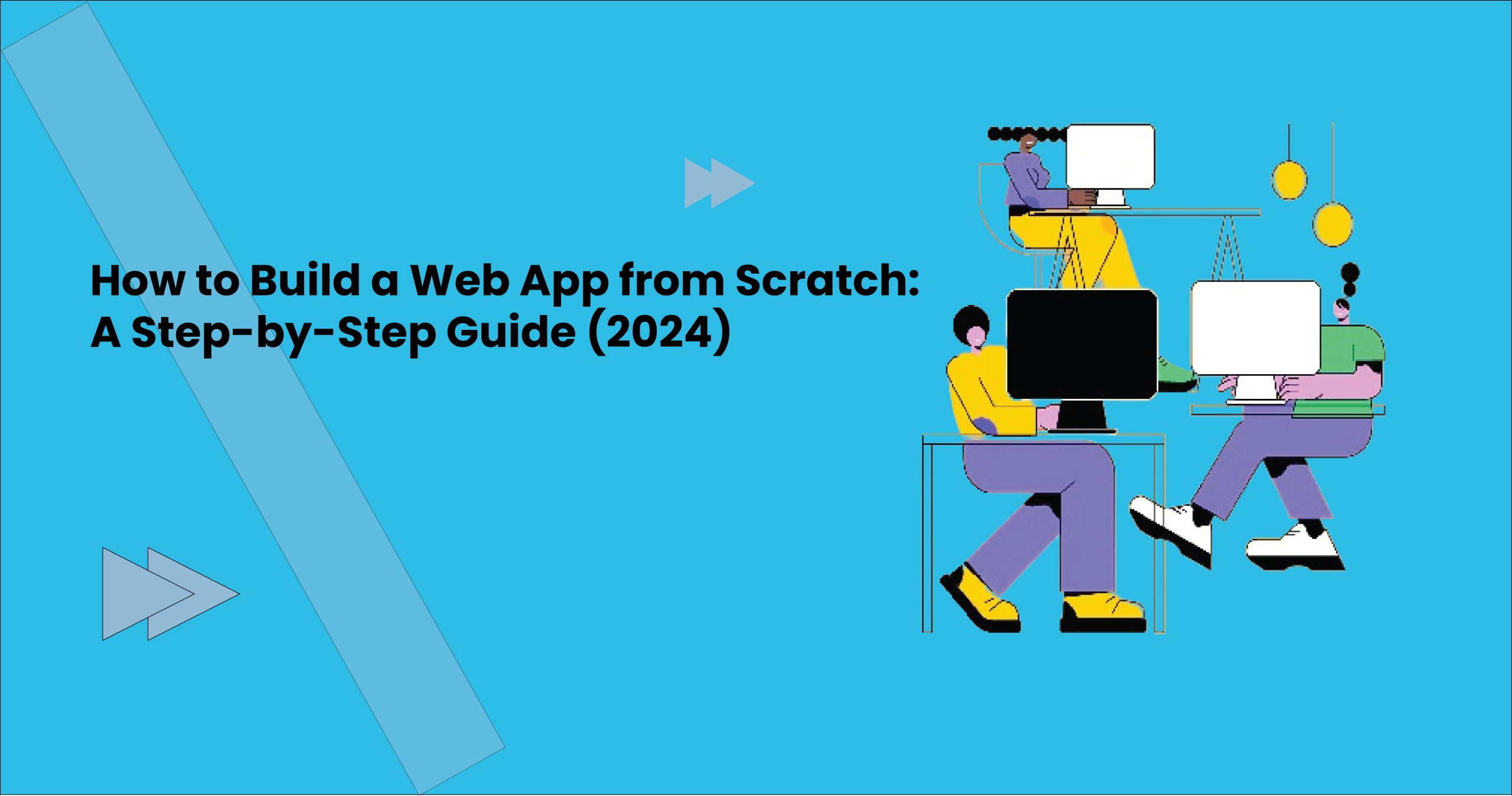
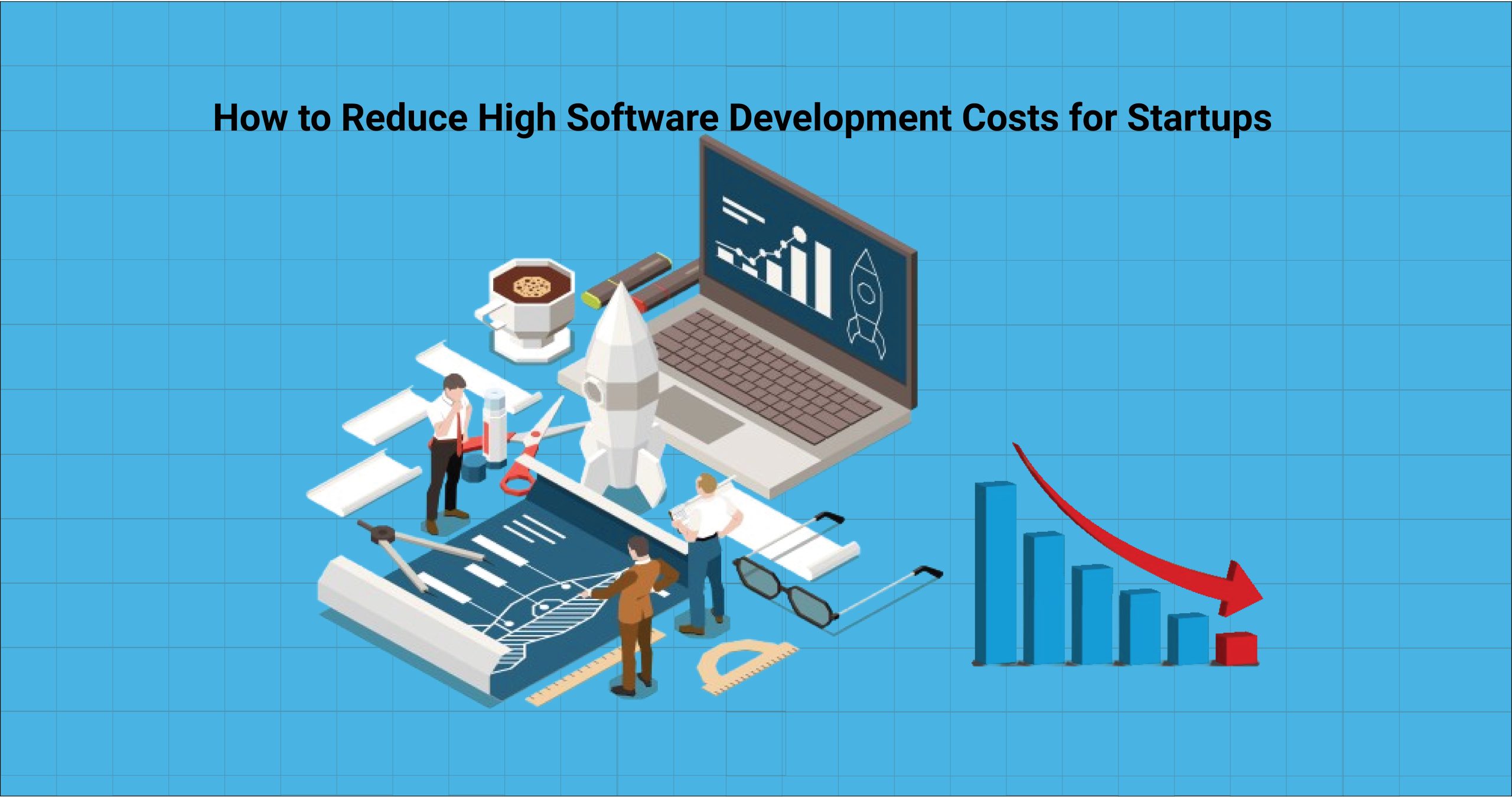
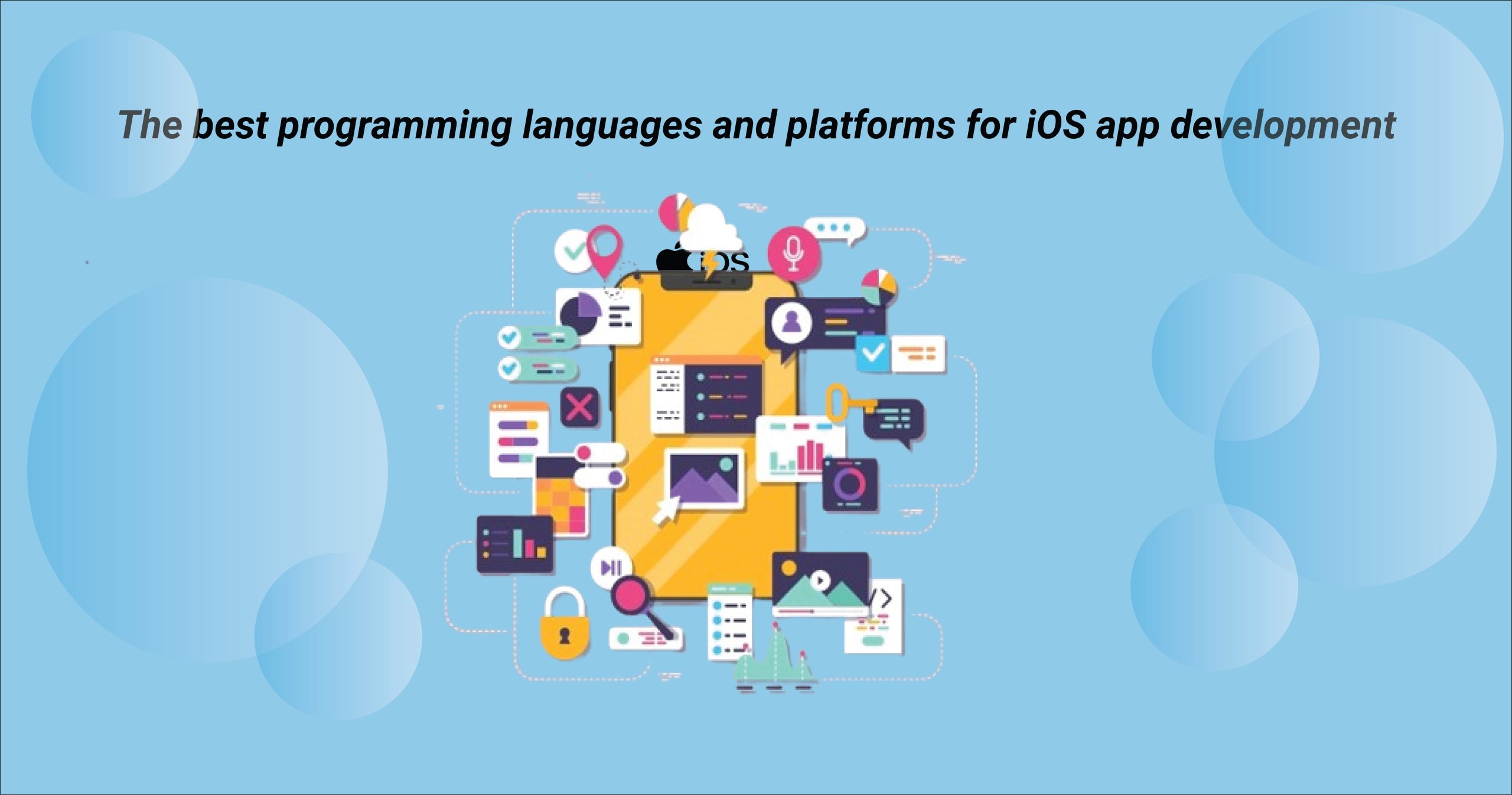
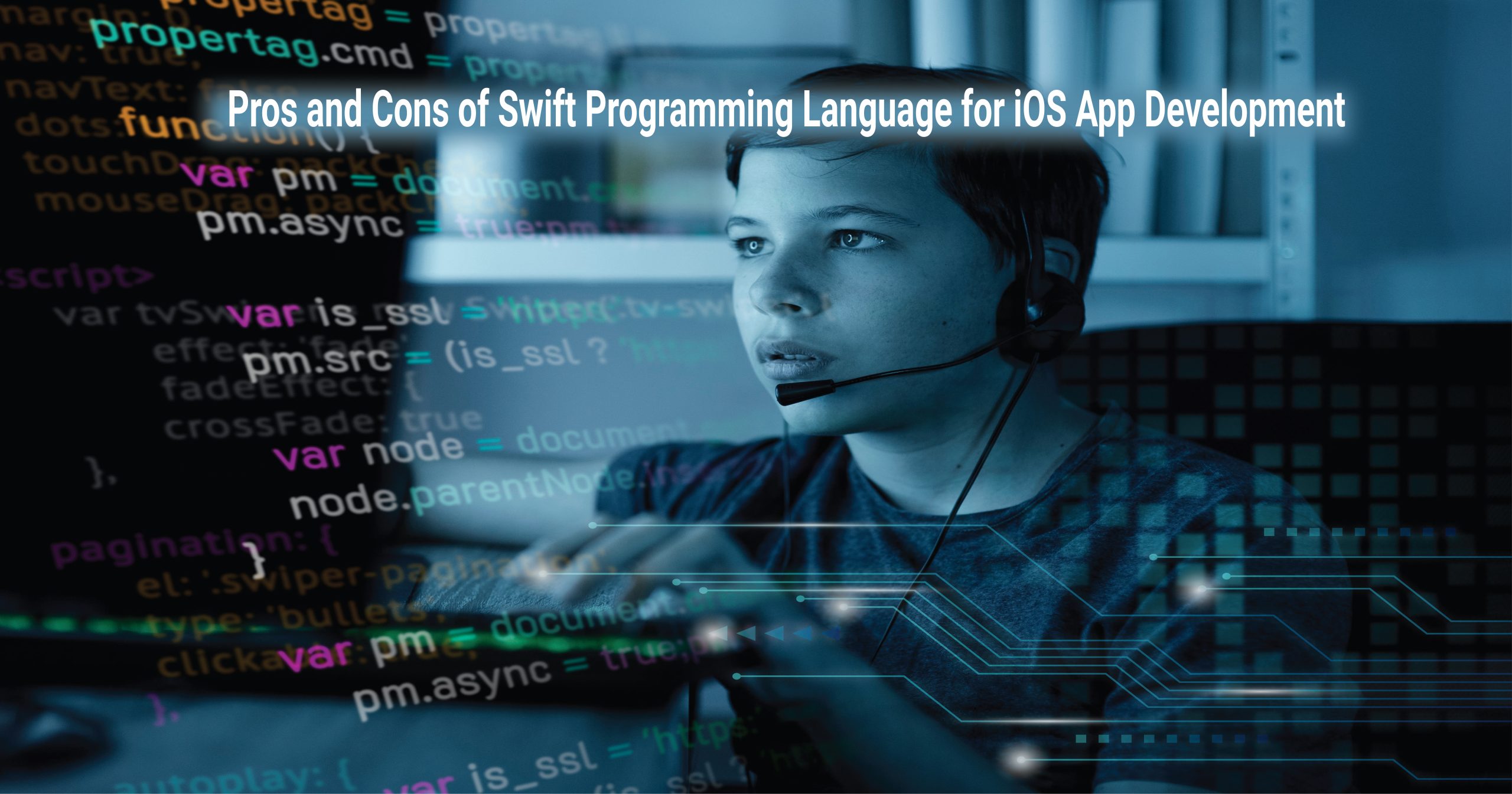
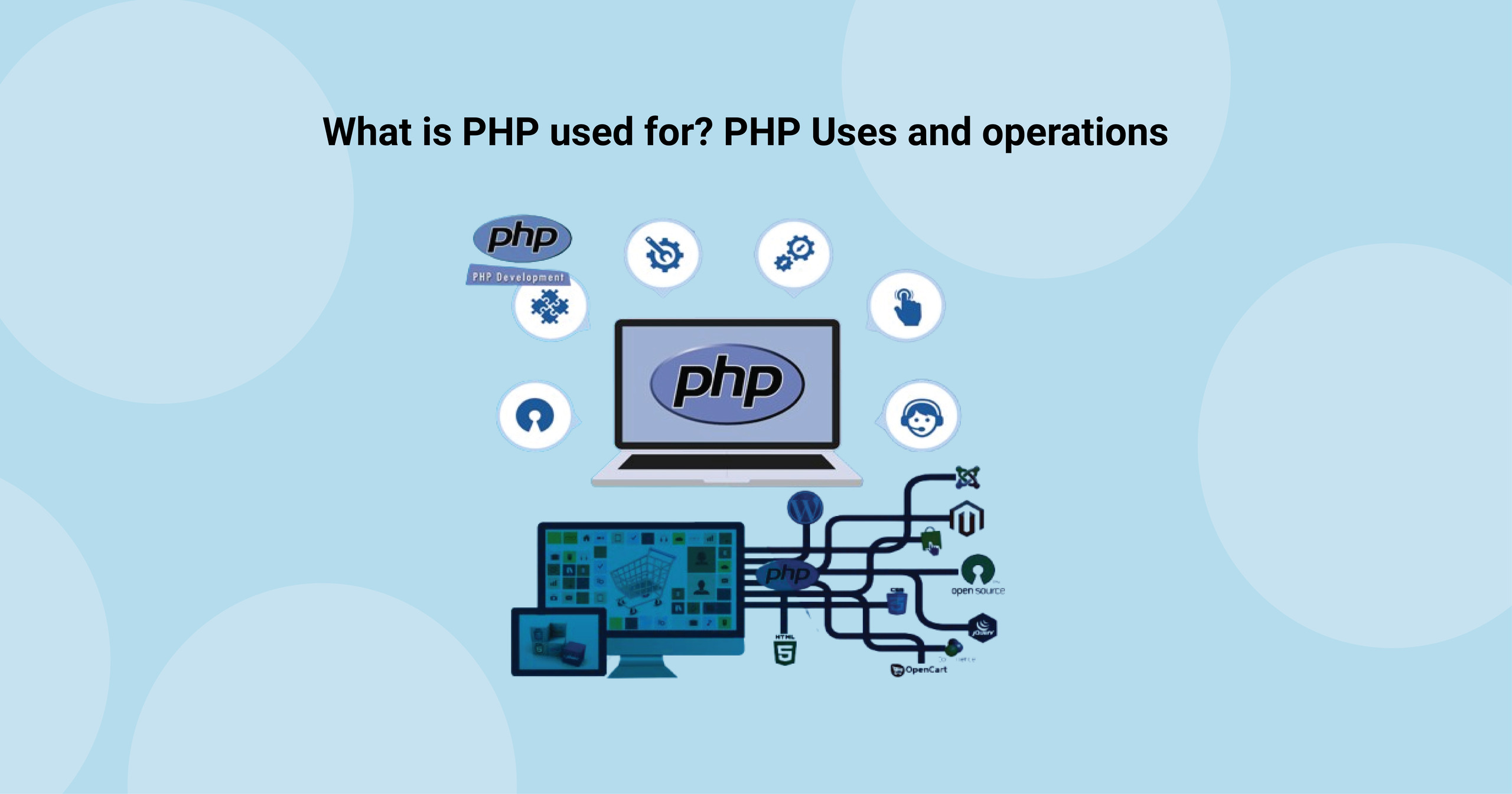
Leave a Reply
You must be logged in to post a comment.